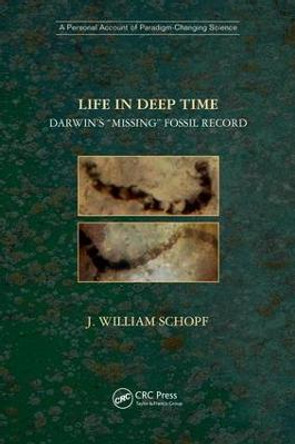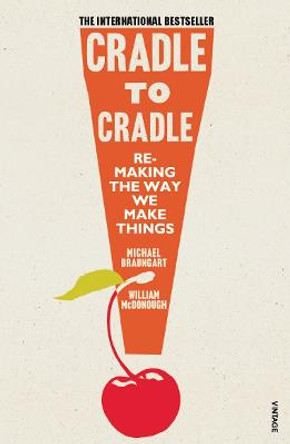Description
'I am born,' writes Dicken's David Copperfield, in simple statement of fact. Our knowledge of how the first cells and organisms were begotten is far less resolute. With focused vision, Cradle of Life probes one view of primordial Earth and the succor of its first cells and organisms, even as scientists explore and assemble evidence to advocate other possibilities. Schopf engages the reader with the magic of storytelling as he writes about such matters as the fables and foibles of scientists, the demands of discovery and documentation in attaining an understanding of how life evolved, the tempo of evolution, and, of course, the continuing saga of the Mars rocks. -- Cindy Lee Van Dover, author of "Deep-Ocean Journeys" An entertaining and informative book. It provides an interesting perspective on how science is done... Schopf's personal perspective provides a sense of the personalities involved and engages the reader... -- Dawn Y. Sumner, University of California, Davis
About the Author
J.William Schopf is Professor of Paleobiology and Director of the Center for the Study of Evolution and the Origin of Life at UCLA. He is a member of the National Academy of Sciences and the American Philosophical Society, President of the International Society for the Sutdy of the Origins of Life, editor of eight volumes, and discoverer of the oldest records of life on Earth
Reviews
Winner of the 2000 Phi Beta Kappa Book Award in Science "A book that bears out [Schopf's] assertion that science is enormously good fun!"--Scientific American "What were your very earliest ancestors like? I do not mean your great-great-great-grandparents. I mean the earliest life on the planet. In principle we all have a unique lineage of ancestors that runs all the way back to the origin of life. What was life like then--and is the supposed life on Mars our cousin? These are the problems palaeontologist Bill Schopf faces... It has been a while since I read a book with so much good sense, put over in so amicable a style. If I ever were to discover my great-great-great grandparents I hope they turn out to be as wise as Schopf."--Laurence Hurst, New Scientist "In the well-written Cradle of Life, Schopf tells his own story of how Earth's early microbial biosphere was discovered."--Stefan Bengtson, Nature "A very clear introduction to the first living things... Schopf ... adopts an unusually informal first-person style for this rangy exploration of how Pre-cambrian fossils came to light and what they've taught us."--Publishers Weekly "An exceptional description of the field that is accessible to any educated lay reader."--Library Journal (starred review) "Schopf combines his often entertaining personal story with an introduction to the discipline of paleobiology, with asides on the chemical makeup of life... A good introduction to the history of a science on the cutting edge."--Kirkus Reviews "A good introduction to a quickly evolving topic... Schopf also offers a number of insider nuggets."--Choice "Schopf's subject, the origin of life, is fascinating, and as significant as any question that has ever been asked in academia. His explanation of the science behind his conclusions is clear, his approach is well organized... This is a marvelous, magnificent, scientific adventure."--John R. Alden, Cleveland Plain Dealer "Cradle of Life provides the best current popular overview of the first 85% of life's history on Earth, and that is history worth reading."--Robert M. Hazen, Physics Today "An extraordinary account of a monumentally complex subject presented in simple and understandable terms, and in an eminently readable style."--Steve Voynick, Rock and Gem
Awards
Winner of Phi Beta Kappa Science Book Prize 2000.
Book Information
ISBN 9780691088648
Author J. William Schopf
Format Paperback
Page Count 384
Imprint Princeton University Press
Publisher Princeton University Press
Weight(grams) 624g





